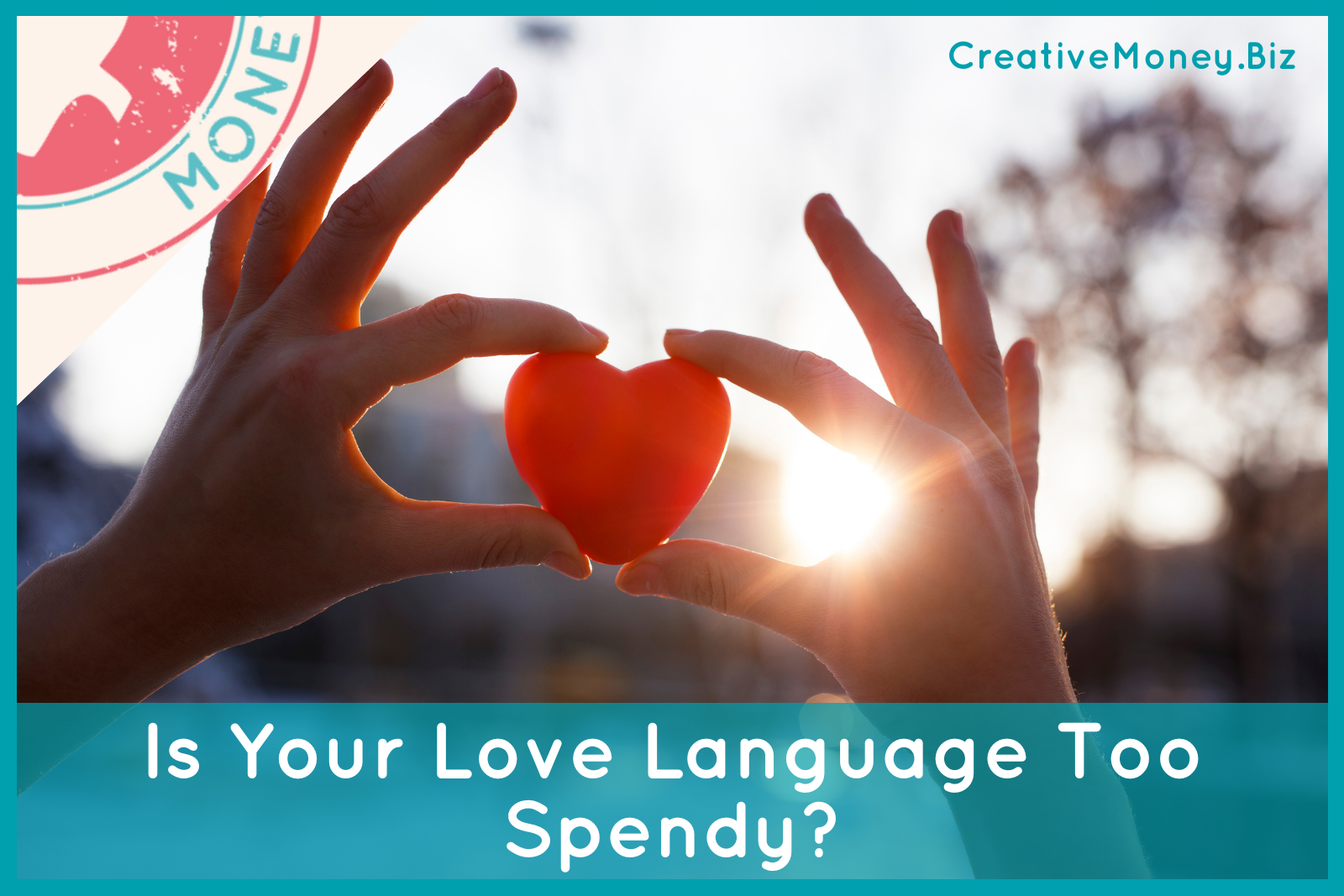 A while ago, my car broke down on me. It wasn’t an awful experience, because I broke down next to a park, and people kept stopping to ask if I needed help. It was a rare, sunny Seattle day; and other than missing a phone appointment I had been looking forward to, nothing in my schedule was too messed up. The experience reminded me how everything can go completely off track and I can still be fine—or better yet, even ENJOY the moment.
A while ago, my car broke down on me. It wasn’t an awful experience, because I broke down next to a park, and people kept stopping to ask if I needed help. It was a rare, sunny Seattle day; and other than missing a phone appointment I had been looking forward to, nothing in my schedule was too messed up. The experience reminded me how everything can go completely off track and I can still be fine—or better yet, even ENJOY the moment.
When I got to the dealership, they gave me a loaner. It was a beautiful, clean, white SUV hybrid with all of the bells and whistles. I thought, “Uh-oh, this is how they are going to ‘get me’ to buy a new car, by luring me with this awesome (environmentally conscious) SUV!” I was both excited and nervous to be driving such an impressive vehicle.
After driving around for a day, I thought to myself, “I am not seduced by this.” For all of the fun I was having, to me, it represents a car payment (probably a hefty one). But what was so interesting to me was that this thing represented a level of luxury that I DEFINITELY don’t have in my life right now – and I don’t know if I can ever imagine spending money on a really nice car. And I am okay with that. The SUV didn’t represent anything to me that I don’t already feel like I have.
It reminded me of a time when I first moved to Seattle and I was invited to a friend-of-a-friend’s house on the top of Queen Anne Hill for a dinner party (for those of you non-Seattleites, those houses up there have views of the Puget Sound and are pretty spectacular historical homes). I was SO excited to have an opportunity to visit such a beautiful home, but when I got there, I wasn’t blown away. That really started me thinking about how completely diverse our tastes are, as individuals. And how, if we’re not careful, we might put our time, money, and dreams toward something we THINK will make us happy…but that might only be a projection of what we assume.
The Five Love Languages
Even though I am talking about money, it sort of relates to Gary Chapman and the 5 Love Languages. Essentially, Chapman is saying that you need to pay attention to how you prefer love expressed as well as how your loved ones prefer it. The 5 ways are:
- Words of Affirmation – this language uses words to affirm people.
- Quality Time – This language is all about giving the other person your undivided attention.
- Physical Touch – To this person, nothing speaks more deeply than appropriate touch.
- Acts of Service – For these people, actions speak louder than words.
- Receiving Gifts – For some people, what makes them feel most loved is to receive a gift.
Even before taking the online quiz, I KNOW that in relationships, I can almost totally ignore what a person says and simply observe how they behave…so I am definitely Acts of Service.
Coincidentally, a friend I visited (before we all started sheltering-in-place) was actually reading this book by Chapman, and she identified herself as Receiving Gifts (so it was really fortuitous that I brought her one!). But she doesn’t want just any old gift, she wants things that symbolize what that other person thinks of her; something thoughtful and appropriate for the relationship. To her, a gift is an indicator of relationship health, similar to my indicator of behavior. What a useful thing for our loved ones to understand!
After I left my friend, I started to think about how this might affect people’s spending. I love to go to restaurants where the entire experience is impeccable, from the time I am greeted at the door to the time I leave. Completely in line with Acts of Service—and can also be very expensive if I am not careful. Perhaps someone who favors the Physical Touch language would invest more money in massage or other physical pursuits. Or someone who values Quality Time might spend her money hiring a high-level coach or consultant 1:1 to get the most out of the experience.
I could easily see how someone’s Love Language could cause them to overspend in specific areas, but also how if their loved ones don’t understand which language they operate from, how money could be wasted.
For example, if MY loved one behaved like a slacker, didn’t do what he said he was going to do, and showed up with flowers, that would be a total waste of money because I am not going to soften toward him until he fixes the original problem. Gifts in that scenario hold no meaning for me. Additionally, it has irked me in the past when a boyfriend would buy me a gift to make up for a fight—my thought has always been, why do I want a reminder of the fight?!?
Here’s how you can see about understanding your internal motivations and applying it to your own life:
Consider your relationships. Evaluate your current relationships and see if you can tell if irritations might be caused by a Love Language disconnect.
Think about your spending. Now that you understand your primary love language, can you see how it drives your spending? What might you be motivated to do that is in the best—or worst—interests of your financial situation?
Check out the resources. I have tons of free resources for you to help you get organized around getting more and more conscious around what drives your spending. You can get that stuff here.







